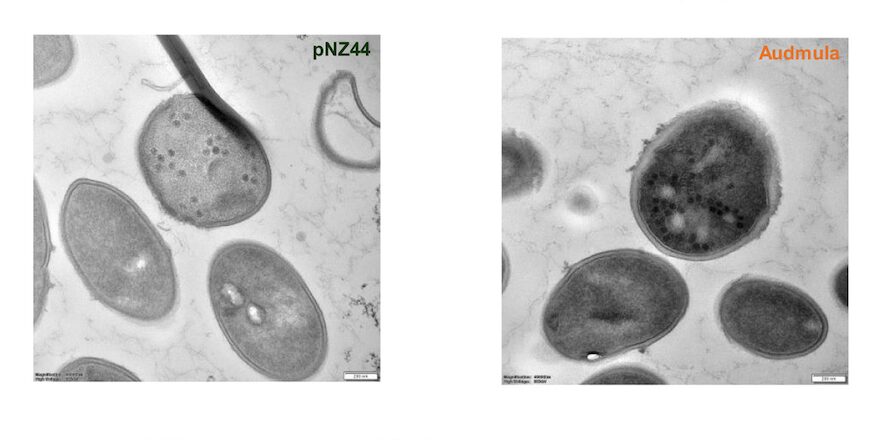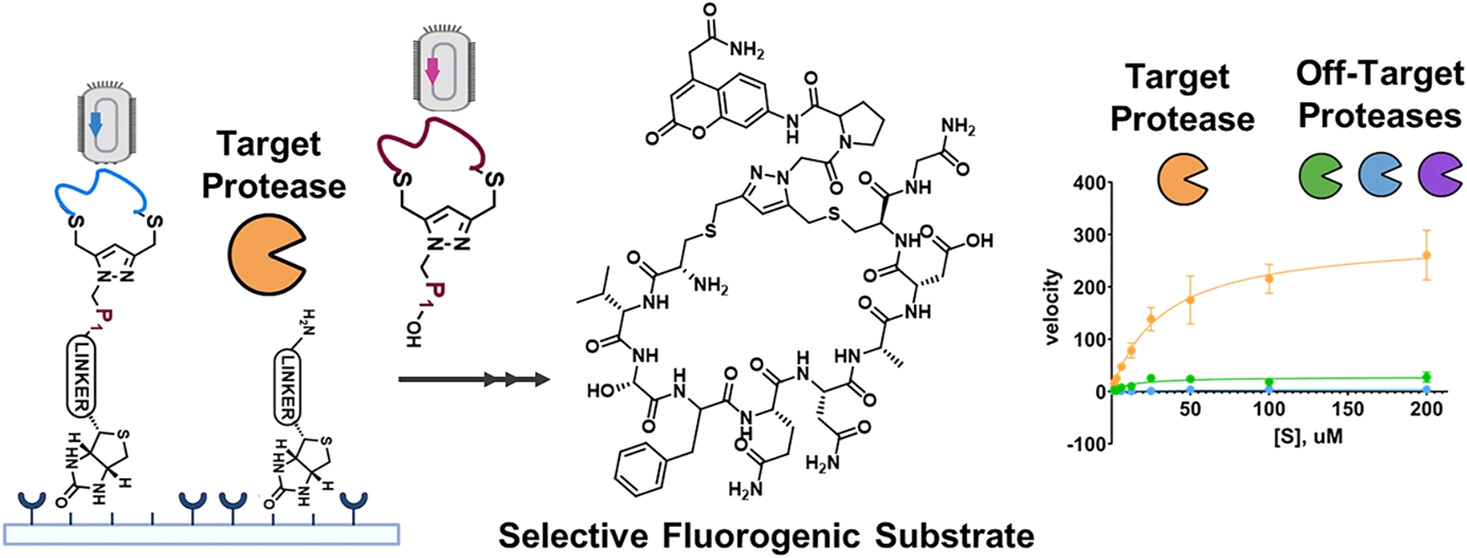
Game theory is widely used to analyze economic and social behaviours. Game theory is also used to analyze biological behaviour as well, just as the study from TelAviv University published in the journal Nature Microbiology indicated. Researchers discovered that, just like humans, bacteriophages (or phages) can weigh the benefits of all options before making an informed decision – whether it’s time to come out of dormancy and kill their bacterial host.

Phages are viruses that attack bacteria, many of which exist in states of being either active (lysis) or dormant. Active phages can attack and destroy bacteria while dormant phages will only replicate themselves without damaging the bacteria host. The natural ability to specifically recognize and kill pathogens has made phages a source of diagnostic and genetic tools and new therapeutic agents, especially in developing phage therapies against infectious diseases caused by viruses, bacteria, and fungi.
However, how do phages decide whether to be active or dormant every time they infect a new host? The assumption has come for some time that phages make their decision to exit the dormant state depending on the condition of their bacterial host. That’s to say, when the host shows signs of substantial DNA damage (a sign of death, so to speak), the phage has to weigh its interests and decide to leave it and try to infect other bacteria with a longer life expectancy. However researchers of this new study have found an additional mechanism of communication between the host bacteria and some phage families. A more complicated decision-making strategy has been developed in some phages that the phage not only receives information from its own host but also detects the states of neighbouring bacteria.
A phage in the dormant state can force its host bacteria to constantly produce small communication molecules called arbitrium, and special receptors on the phage enable it to understand information indicated by these molecules. To be specific, the presence of high levels of arbitrium means neighbouring bacteria also are hosted by dormant phages, under which condition, the phage won’t become active to attack its host even if DNA damage within the bacterial cell is detected. On the basis of game theory, the phage would rather let the host repair itself than kill it because it can’t find a new host since all neighboring bacteria have been taken by other phages and every bacterium can only host one dormant phage.
Based on game theory, phages are not only used to kill bacteria. Researchers have creatively engineered phages for applications irrelevant to a normal phage life cycle, for example, phage-based vaccines.
Significance
Therefore, investigation of the biological features of phages and their relationship with the host, as well as applications in the modulation of the host immune system, can help understand biological systems. Researchers explained that the phage game theory could also help understand the current COVID-19 pandemic by anthropomorphizing all interactions, not just the behavior of coronavirus but also humans’ response to it.
Scientists take the arms race between an evolving virus and the evolving immune system as a game, and in this game, both virus and the human immune system have to take actions based on the other’s behavior. The immune system develops antibodies in response to viruses, and the virus changes its form to evade defenses as a response. Now humans are taking part in this game as well because scientists develop vaccines and boosters against viruses and they have to adjust related tactics in response to new virus variants.
Guest post by
|
|
Bella Smith, Creative Biolabs.
|



Thanks for the nice article. Will by any means this affect Phage therapy?
I dont thiñk. This will not affect the phage therapy as those phages are well screened before being used